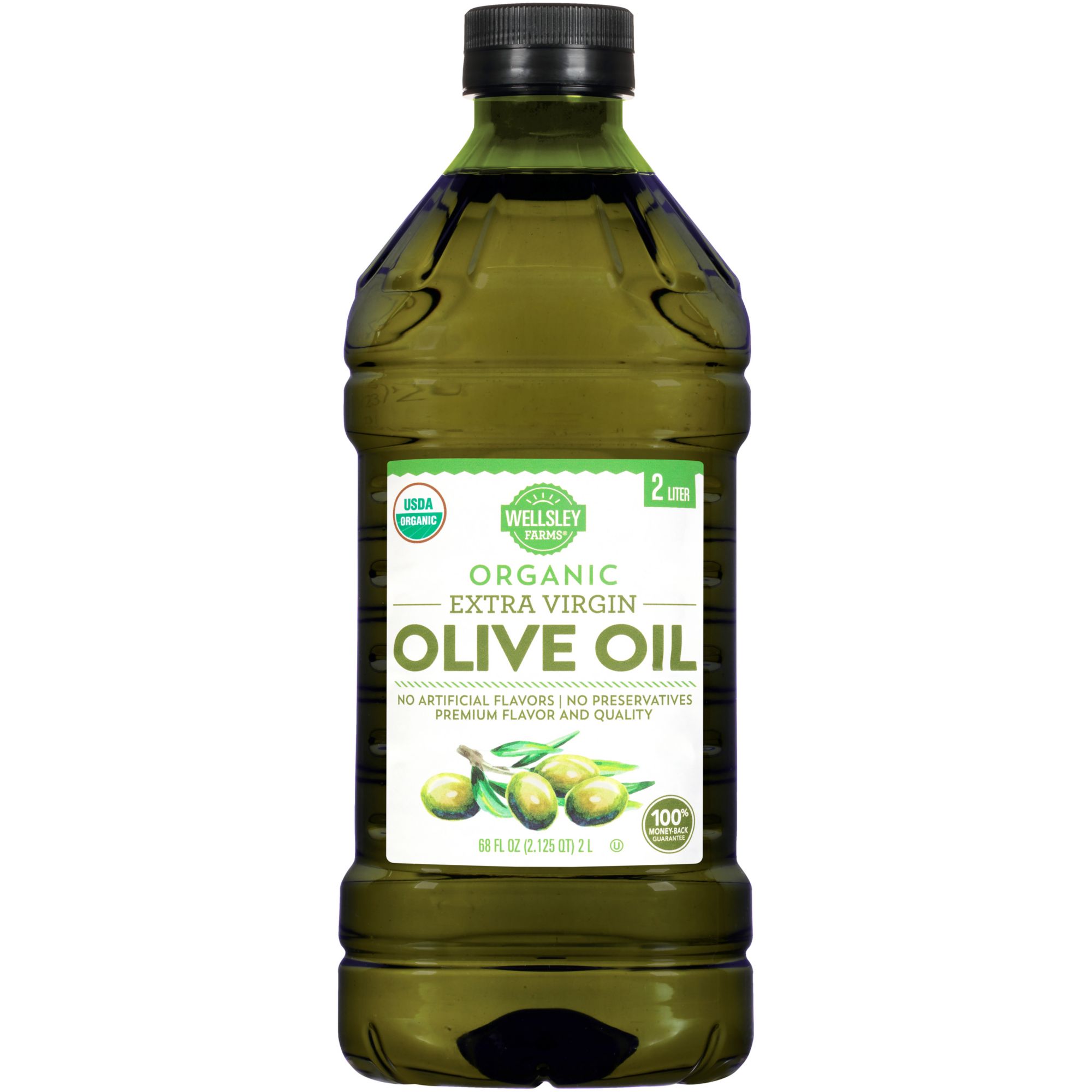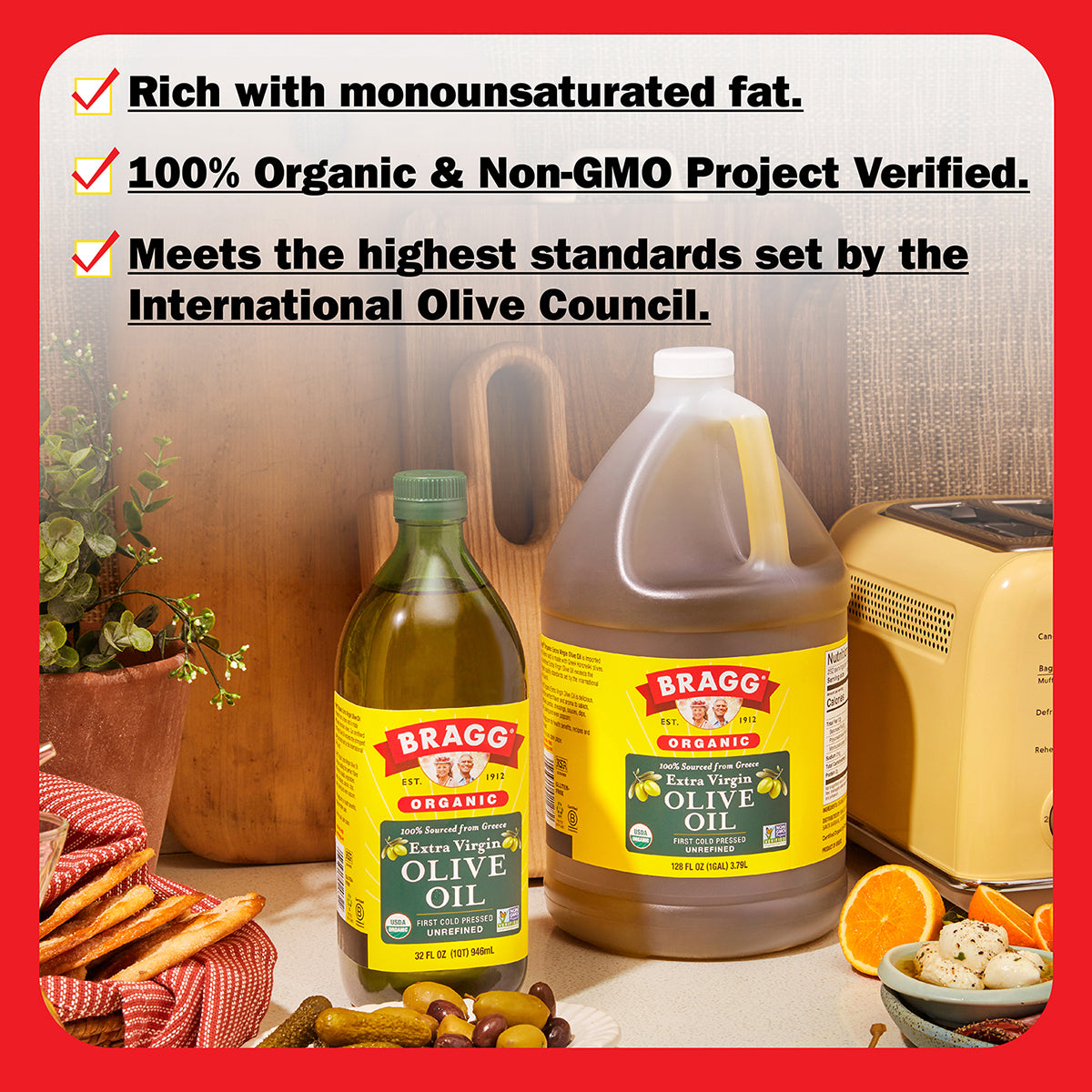Why Extra Virgin Olive Oil Benefits Your Gut and Digestive System
Why Extra Virgin Olive Oil Benefits Your Gut and Digestive System
Blog Article
Checking Out the Various Kinds of Olive Oil and Their Uses, Including Extra Virgin Olive Oil
The expedition of olive oil includes a varied range of kinds, each offering culinary applications and distinctive flavors. Extra virgin olive oil, renowned for its superior top quality and health and wellness advantages, works as a staple in many kitchens, yet it is only one aspect of this complex ingredient. extra virgin olive oil benefits. Other varieties, such as pure and refined olive oils, also call for interest for their unique homes and uses. Comprehending these distinctions can significantly affect both food preparation methods and flavor accounts. What, then, should one consider when selecting the right olive oil for a particular culinary endeavor?
What Is Olive Oil?
Obtained from the fruit of the olive tree, olive oil is a staple in Mediterranean food and a vital active ingredient in different culinary applications. This flexible oil is generated by pushing entire olives, causing a liquid that varies in flavor, color, and aroma relying on the kind of olives made use of, the region of farming, and the extraction process. Olive oil is predominantly made up of monounsaturated fats, especially oleic acid, which is known for its possible health and wellness advantages, consisting of anti-inflammatory buildings and cardio support.
In enhancement to its culinary uses, olive oil has a lengthy background of application in standard medication and skincare, owing to its abundant antioxidant web content (extra virgin olive oil benefits). The oil is typically used in dressings, sauces, and for cooking methods such as sautéing and roasting. Its distinct flavor profile can boost the preference of various recipes, making it a necessary ingredient for both home cooks and specialist cooks
Furthermore, olive oil is celebrated for its duty in the Mediterranean diet regimen, which is connected with various health and wellness advantages. As recognition of these benefits expands, olive oil proceeds to obtain popularity worldwide as a fundamental component of a healthy and balanced way of life.
Kinds Of Olive Oil
Recognizing the various sorts of olive oil is crucial for both cooking fanatics and health-conscious consumers. Olive oil is identified mainly based upon its extraction approach and high quality, which dramatically affects its fragrance, health, and flavor benefits.

Light olive oil, regardless of its name, refers to a lighter flavor and not lower calories. It is perfect for those seeking a much more subtle taste in dressings and sauces. In addition, there are flavorful olive oils instilled with herbs, spices, or citrus, which can enhance meals without the demand for extra flavoring.
Each kind of olive oil serves specific culinary objectives, and recognizing these distinctions allows consumers to make enlightened options that align with their cooking designs and health objectives.
Extra Virgin Olive Oil
Extra virgin olive oil (EVOO) is commonly considered as the finest olive oil readily available, renowned for its rich flavor and numerous health benefits. To be identified as additional virgin, the oil has to be produced from fresh olives using mechanical procedures, without using solvents or too much heat. click reference This careful method preserves the oil's all-natural flavors, anti-oxidants, and healthy and balanced fats, causing a product with a low acidity level of much less than 0.8%.
EVOO is plentiful in monounsaturated fats, specifically oleic acid, which is connected to lowered inflammation and enhanced heart health. It likewise contains polyphenols, effective antioxidants that might offer safety effects versus chronic illness. The taste account of EVOO can vary dramatically depending upon the olive range and area of manufacturing, ranging from verdant and fruity to durable and sharp.

Culinary Uses of Olive Oil

In cooking, olive oil can be utilized for description sautéing, toasting, and barbecuing, offering a healthier alternative to butter or other fats. Its high smoke factor makes it ideal for different cooking techniques, while its anti-oxidants add to a heart-healthy diet. Sprinkling olive oil over completed meals, such as pasta, fish, or grilled vegetables, can raise tastes and include a touch of beauty.
Furthermore, olive oil plays a significant role in cooking, where it can change conventional fats in recipes for bread and pastries, imparting moisture and a refined taste. It also works as a base for instilled oils, allowing cooks to explore flavors such as garlic, natural herbs, or chili, additionally broadening its culinary possibility. In general, olive oil's versatility makes it indispensable in both home and specialist kitchen areas.
Picking Top Quality Olive Oil
When picking quality olive oil, it's important to consider a number of essential variables that influence the item's flavor, scent, and health advantages. Opt for added virgin olive oil (EVOO), which is derived from the very first cool pressing of olives and includes the highest possible degrees of antioxidants and useful compounds. Search for oils that are licensed by recognized organizations, as this commonly ensures adherence to strict high quality criteria.
The product packaging additionally plays a considerable role in preserving the oil's stability. Select oils saved in dark glass containers or tins to protect against light destruction. Focus on the harvest date; fresher oils use superior flavor and nutritional value, so select products that are within 18 months of their harvest.
Be aware of the preference; a great high quality olive oil ought to have a balance of fruity, bitter, and sharp notes, suggesting its splendor and intricacy. By examining these elements, you can ensure you are picking the ideal olive oil for your culinary demands.
Conclusion
In summary, the expedition of different kinds of olive oil exposes unique qualities and applications, with added virgin olive oil representing the peak of quality due to its low level of acidity and high antioxidant material. Recognizing the different ranges of olive oil allows for notified selections in cooking techniques, advertising healthier methods while enriching the general gastronomic experience.
Acquired from the fruit of the olive tree, olive oil is a staple in Mediterranean food and a key component in numerous culinary applications.The most typical kinds of olive oil consist of refined olive oil, pure olive oil, and light olive oil.Additional virgin olive oil (EVOO) is extensively regarded as the greatest quality olive oil available, renowned for its abundant taste and various health and wellness advantages. Decide for extra virgin olive oil (EVOO), which is obtained from the first cool pressing of olives and consists of the greatest degrees of antioxidants and useful substances.In recap, the expedition of various types of olive oil reveals unique attributes and applications, with added virgin olive oil standing for the peak of top quality due to its reduced level of acidity and high antioxidant web content.
Report this page